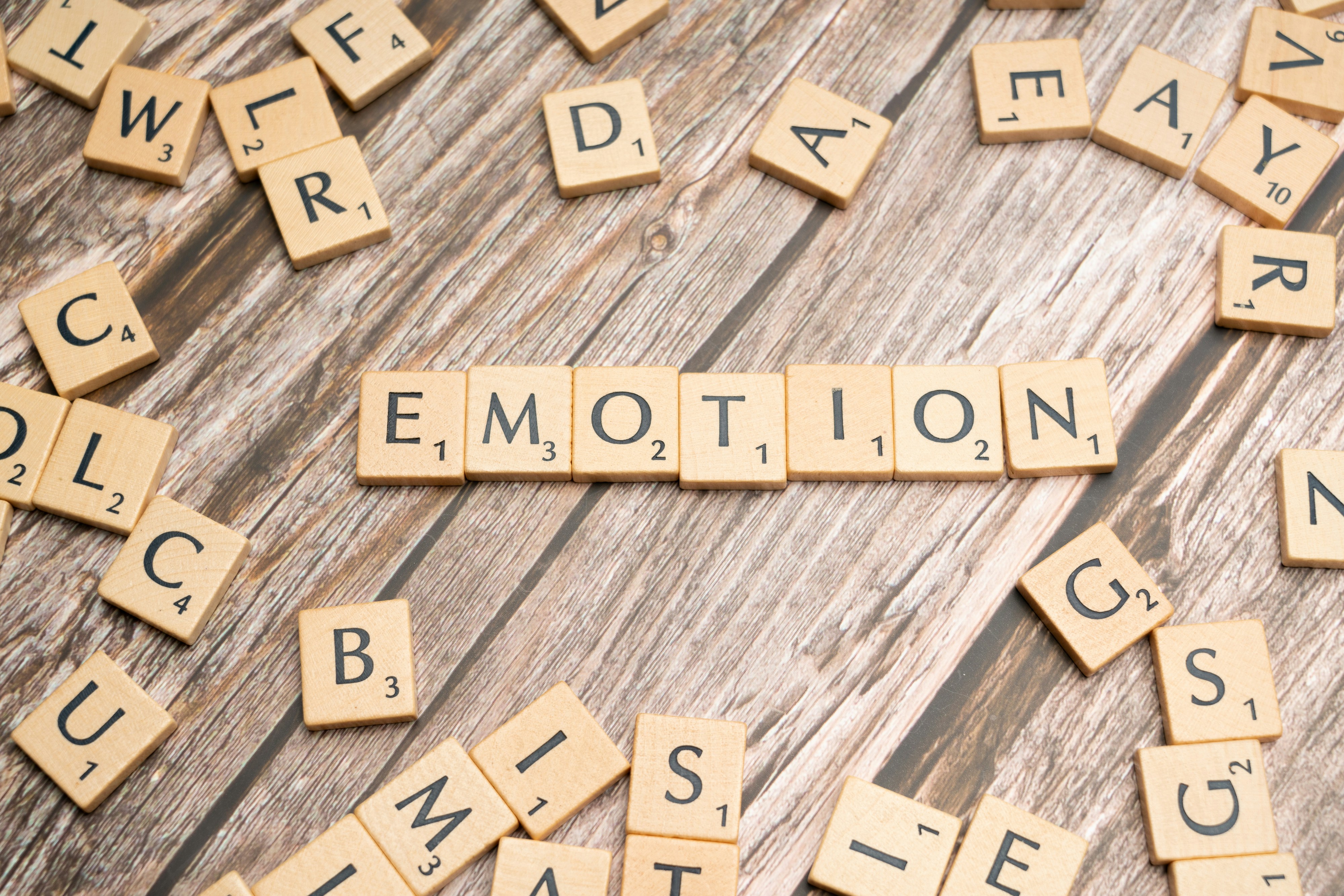The Aesthetics of Automation: Redefining Branding with AI Tools
In a world where first impressions can make or break a business, how a brand presents itself visually is more crucial than ever. Enter AI tools—game-changers in the realm of branding and automation. The way businesses automate their branding strategies is evolving rapidly, with artificial intelligence leading the charge. From designing logos to understanding consumer emotions, AI is not merely a tool for operational efficiency; it's a transformative force reshaping how brands tell their stories.
The Intersection of AI Tools and Branding
As businesses strive to set themselves apart in a saturated marketplace, leveraging AI tools to enhance branding and automation combines art and science. The capabilities of these tools extend beyond mere visual appeal; they encapsulate intricate psychological insights into consumer behavior, enabling brands to resonate more deeply with their target audience. Before delving into how AI transforms branding aesthetics, let’s explore the immediate benefits businesses gain from automation in visual identity.
Operational Efficiency Meets Creative Expression
Traditionally, branding demanded considerable time, effort, and specialized skills in graphic design. However, with AI-powered design platforms, the barriers to entry have shifted dramatically. Tools like Canva and Adobe Spark utilize machine learning algorithms to offer templates customized for thousands of industry-specific needs. This means that startups or small businesses can create professional branding materials without hiring a full-time designer.
For example, using AI for color selection can optimize a brand’s logo by recommending shades based on trending palettes in their industry. Such tools not only enhance creativity but significantly reduce the operational time involved in the design process. Consequently, brands can focus more on developing their message and connecting with customers while leveraging AI’s efficiency and precision.
AI's Role in Understanding Consumer Psychology
One of the most compelling aspects of AI in business branding is its ability to analyze consumer psychology. AI algorithms can process vast amounts of data, identifying patterns and preferences that would take humans considerably longer to discern. By analyzing social media interactions and website behavior, AI tools can provide insights into what resonates with audiences on an emotional level.
For instance, AI-driven platforms can predict trends based on the emotional responses of consumers. Brands can utilize these insights to craft tailored messages and campaigns that resonate deeply with their target audience, effectively enhancing their emotional connection. When brands know how to speak to their audience’s feelings, they foster loyalty and build lasting relationships.
Automated Design: Personalization at Scale
In an era where personalized experiences are paramount, AI tools allow brands to deliver customized content on an impressively large scale. Through machine learning, companies can analyze customer data and preferences to tailor their visuals and messages accordingly. This can range from personalized emails showcasing specific products to ads featuring dynamic images that change based on user behavior.
Let’s say an e-commerce store uses an AI tool to analyze customer purchase history. The AI can then design promotional banners or social media posts that reflect the specific styles or categories a customer frequently engages with. This synergy of personalization and automation ensures that branding remains relevant and impactful, thus increasing conversions.
Beyond Graphic Design: The Power of Visual Storytelling
Storytelling has long been an essential aspect of branding. With the advent of AI, visual storytelling has become sharper and more dynamic. AI tools like Lumen5 and Animaker leverage algorithms that analyze written content and automatically generate videos or infographics. This capability transforms how brands connect narratives to visuals, making them more engaging and memorable.
Consider a non-profit organization that wants to share its mission via social media. Using AI, they can input their messaging, and the tool will create an engaging video narrative, incorporating relevant statistics and images. Such storytelling not only informs but also evokes emotions, thus driving the brand’s message home.
Emotional Aesthetics in Branding
The emotional impact of design is another fascinating area of focus for AI-enhanced branding. AI tools can analyze emotional responses to different design elements, helping brands craft visuals that resonate on a deeper level. By understanding how colors, shapes, and layouts evoke specific feelings, businesses can fine-tune their visual identity to reflect their mission and values authentically.
For instance, research indicates that warm colors like reds and yellows can evoke energy and passion, while blues and greens usually connote calmness and trust. Brands wishing to express creativity might lean toward vibrant palettes, while those focused on reliability will often favor calmer hues. By applying AI to leverage audience sentiment around these color choices, brands can develop aesthetics that align with their desired emotions and brand identity.
Case Studies: Successful AI Implementation in Branding
To better illustrate the impact of AI tools on branding aesthetics, consider the following real-world case studies.
Case Study 1: Coca-Cola's Dynamic Marketing
Coca-Cola has successfully implemented AI in its marketing strategies, utilizing data-driven insights for personalized advertising campaigns. By analyzing consumer data, Coca-Cola identifies trends and preferences to craft ads that resonate. Their use of AI in creating dynamic and customized visuals has not only increased engagement rates but also strengthened their brand identity among diverse demographics.
Case Study 2: Netflix’s Algorithm-Driven Thumbnails
Netflix employs AI to curate individualized thumbnail images for each viewer, ensuring the visuals resonate with their viewing history. By analyzing user behavior, Netflix successfully renders thumbnails that encourage users to click and watch content, reinforcing its position as a leader in personalized entertainment. This strategic use of AI for branding aesthetics highlights its capacity to enhance the viewer’s experience significantly.
Future Trends: Where AI and Branding Are Headed
As we move toward 2025, the continued intersection of AI tools and brand aesthetics will likely lead to innovations we can only begin to imagine. Here are some future trends anticipated in this evolving space:
Predictive Analytics for Branding
AI's ability to predict consumer trends will further enhance branding strategies. By analyzing data and identifying shifts in consumer sentiment, brands can adapt their messaging and visuals rapidly, ensuring they never fall behind trends. The upcoming era of predictive analytics may change how brands forecast not just consumer behavior but trends in aesthetics themselves.
Augmented Reality (AR) and Virtual Reality (VR)
Combining AI with AR and VR could revolutionize the way brands interact with consumers. Brands might be able to create fully immersive experiences where customers can visualize their products in real life. Imagine trying on clothes virtually or visualizing how a piece of furniture fits into your home—all powered by AI-driven design tailored to your preferences.
Final Thoughts: Embrace the Process and Evolve
As we explore how AI tools are redefining the aesthetic landscape of branding, the most essential takeaway is to embrace these technologies to enhance creativity rather than replace it. Businesses that can merge their unique voice with the efficiencies offered by AI tools will likely stand out in an increasingly crowded market. The future of branding lies in fostering an emotional connection, driven by insightful data and automated processes that ensure brand integrity and relevance.
This new symbiosis of automation and aesthetics is more than a trend; it’s the dawn of a redefined approach to brand storytelling. As AI continues to evolve, it will empower businesses to craft authentic narratives that resonate with audiences in innovative ways. The transformative journey awaits—take the leap and let AI tools elevate your brand's visual identity today.



